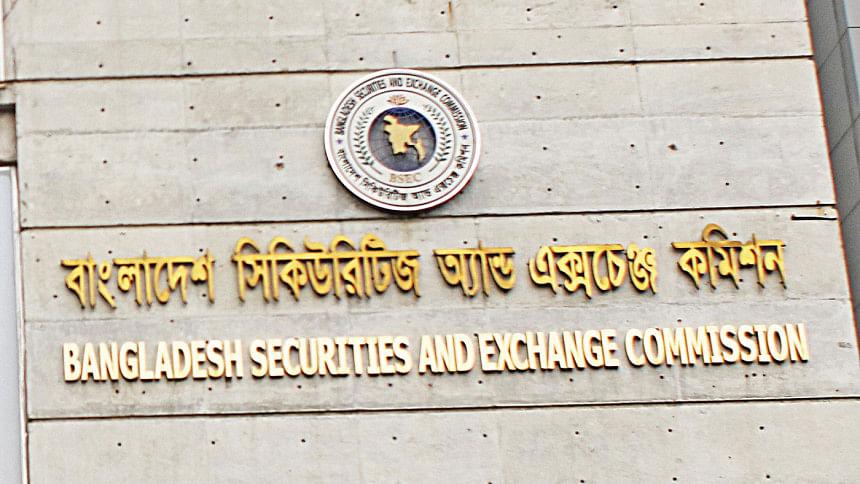What is the future of the floor price?

In the intricate tapestry of Bangladesh's stock market, the imposition of the floor price by the Bangladesh Securities and Exchange Commission (BSEC) on July 28, 2022, has cast a shadow of uncertainty.
Ostensibly conceived as a protective shield guarding investors against the whims of a volatile market, the floor price has metamorphosed into a restrictive force, dampening the very essence of market dynamics.
The stakeholders of the capital market assume that the floor price will be released after the post-election period. Even the BSEC is keen to withdraw the floor price but is unable to predict the consequences, thus remaining silent on this issue.
The negative repercussions of the floor price are profound and multifaceted. At its core, the restrictive nature of the floor price has stifled market liquidity to an unprecedented degree.
The market, once characterised by its ability to respond swiftly to supply and demand, now finds itself ensnared in a web of predetermined prices. This liquidity crisis has, in turn, created a daunting scenario where sellers are unable to offload their shares promptly, leading to an oversupply glut that exacerbates the problem.
The floor price, despite its well-meaning origins, has become a stumbling block in Bangladesh's stock market journey. The negative impact on market liquidity, investor confidence, and foreign investments can't be overlooked.
The road to recovery demands a thoughtful re-evaluation of this strategy, exploring alternatives that restore the market's natural rhythm. Only through a comprehensive reassessment can Bangladesh's stock market regain its vibrancy, instilling confidence among investors and ushering in a new era of stability and growth.
Furthermore, the floor price has sown the seeds of disillusionment among investors. What was meant to be a protective measure has become a barrier, deterring potential buyers and stalling market activity.
The inherent freedom of the market, wherein investors could make decisions based on prevailing conditions, has been curtailed, eroding investor confidence. This erosion of trust is a dire consequence, for it takes years to build investor confidence and mere moments to shatter it.
The imposition of the floor price for almost one and a half years has sharply reduced turnover in the bourses. This downturn has had a detrimental effect on the business of brokerage houses, with many reputable companies being unable to achieve even break-even status.
The prolonged stagnation in market activity has forced brokerage houses to grapple with financial challenges, affecting their ability to sustain operations at the branch level and provide essential services to investors. As their financial health deteriorates, the overall efficiency and vibrancy of the capital market is compromised, hindering economic growth and development.
The dilemma faced by the BSEC is palpable. While the intention behind the floor price was noble, it has inadvertently become a straitjacket, hindering the very market it seeks to protect. In this precarious situation, finding a way forward necessitates a delicate balance between investor protection and market flexibility.
In light of these challenges, stakeholders are increasingly urging the BSEC to reconsider and expedite the withdrawal of the floor price as soon as possible, recognising its adverse effects on both market dynamics and the sustainability of businesses within the stock brokerage sector.
The author is head of operations and compliance at UniCap Securities Ltd. He can be reached at [email protected]. Views are personal.

 For all latest news, follow The Daily Star's Google News channel.
For all latest news, follow The Daily Star's Google News channel. 



Comments